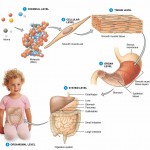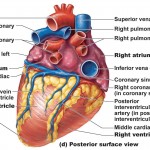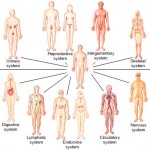Archive for December, 2013
The Cardiovascular System: Blood Vessels
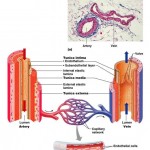
Blood Vessels are often compared to a system of pipes with liquid circulating in them, but this analogy is only a starting point. Unlike pipes, blood vessels are extremely dynamic structures that constrict, relax, pulsate, and proliferate. In this article, we’ll examine the structure and function of these important circulatory pathways. If these pathways get […]
Atherosclerosis
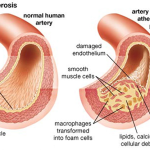
Atherosclerosis When pipes get clogged, its usually because we flushed something down the drain we shouldn’t have. Sometimes, build-up inside of pipes causes clogging. In arteriosclerosis, the walls of the arteries become thick and stiff and hypertension results. In atherosclerosis, which is the most common form of arteriosclerosis, small patchy areas called atheromas form that […]
Hemophilia & Thrombocytopenia
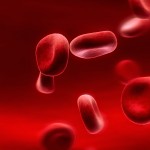
Anything that interferes with the clotting mechanism of blood can cause abnormal bleeding. The most common causes are platelet deficiency (thrombocytopenia) and deficits of some clotting factors, which can result from impaired liver function or genetic conditions such as hemophilia. Thrombocytopenia Thrombocytopenia is a condition in which the number of circulating platelets is deficient, which […]
Osteoporosis
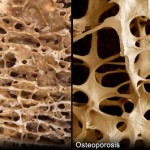
Osteoporosis Osteoporosis refers to a group of diseases in which bone resorption outpaces bone deposit (i.e. bone loss occurs faster than bone growth). The bones become so fragile that something as simple as a hefty sneeze or stepping off a curb can cause them to break. The composition of the matrix remains normal, but overall […]
Skin Cancer: Carcinoma & Melanoma
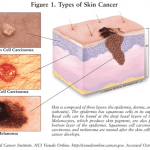
Loss of homeostasis within body cells and organs always reveals itself on the surface of the skin, sometimes in drastic ways. The skin can develop over a 1000 different ailments and conditions. Usually, skin disorders are either viral, bacterial, or some type of yeast infection. Less common, but far more dangerous skin conditions include skin […]
The Salivary Glands
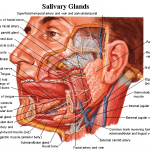
The Salivary Glands Several glands associated with the oral cavity secrete saliva. Saliva: Cleanses the mouth Helps moisten and compact food into a round mass called a bolus Contains enzymes that begin the chemical breakdown of starch Dissolves food chemicals so they can be “tasted” Most saliva is produced by major or extrinsic salivary glands […]
Digestive System Overview
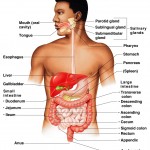
Did you know the digestive system is split into two main groups? Did you know one of the groups is considered to be outside of the body? That’s right, the alimentary canal or gut, runs from the mouth to the anus and is considered to be outside of the body because it’s open to the external environment. In this article, we discuss the six steps of digestion, the gastrointestinal tract and finally, accessory digestive organs.


